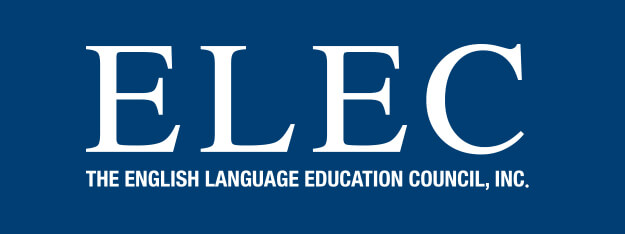
文化的多様性を大切にするー言語教育におけるその重要性ー(1/3)
Tokyo Global Gateway (TGG)での幅広い活動を経験しているTony先生。言語教育における文化的多様性の重要性についてどのような考えをもつようになったのでしょうか。
Embracing Cultural Diversity, by Tony Gibson (1/3)
From my extensive involvement in Tokyo Global Gateway (TGG) I have come to realize that embracing cultural diversity holds a central role in language teaching, serving as a link connecting learners to language and culture. In today’s intersected world characterized by global interactions, understanding and appreciating cultural differences has become imperative. Language educators play a crucial role as facilitators of cultural understanding, guiding learners not only in linguistic acquisition but also in developing cultural awareness and sensitivity.
Cultural competence involves the ability to comprehend, respect, and engage with individuals from various cultural backgrounds effectively. In language instruction, cultural competence transcends mere teaching of vocabulary and grammar. It entails immersing learners in the customs, traditions, values, and societal norms associated with the language being learned. By infusing cultural elements into language lessons, educators provide learners with deeper insights into language usage within authentic contexts, thus facilitating meaningful communication and nurturing empathy towards speakers of other languages.
1)文化的多様性と言語教育における重要性
Tokyo Global Gateway(TGG)での幅広い活動を通して、文化的多様性を尊重することが言語教育においていかに重要であるか、中心的役割を果たすのかを強く認識しました。文化的多様性を大切にすることが、学習者を言語と文化に結び付ける架け橋となることを認識するようになりました。グローバル化が進み、国境を越えた交流が盛んとなった現代において、異なる文化への理解と尊重は、必要不可欠です。そのような中で言語教育者は、学習者が言語を習得するだけでなく、同時に文化的な意識と感性を身につけるための支援者として重要な役割を担っています。
文化的能力とは、さまざまな文化背景を持つ人々を理解し、尊重し、効果的に交流する能力を指します。言語教育において文化的能力とは、単なる語彙や文法の指導を超えたものです。学習者が学んでいる言語に関連する習慣、伝統、価値観、社会規範などへの理解を深め、その言語が実際に使われている状況を体感できるようにすることが重要です。教育者が言語授業に文化的な要素を取り入れることで、学習者に深い洞察力を与え、有意義なコミュニケーションを促進し、他の言語を話す人々への共感を育むことができるのです。
